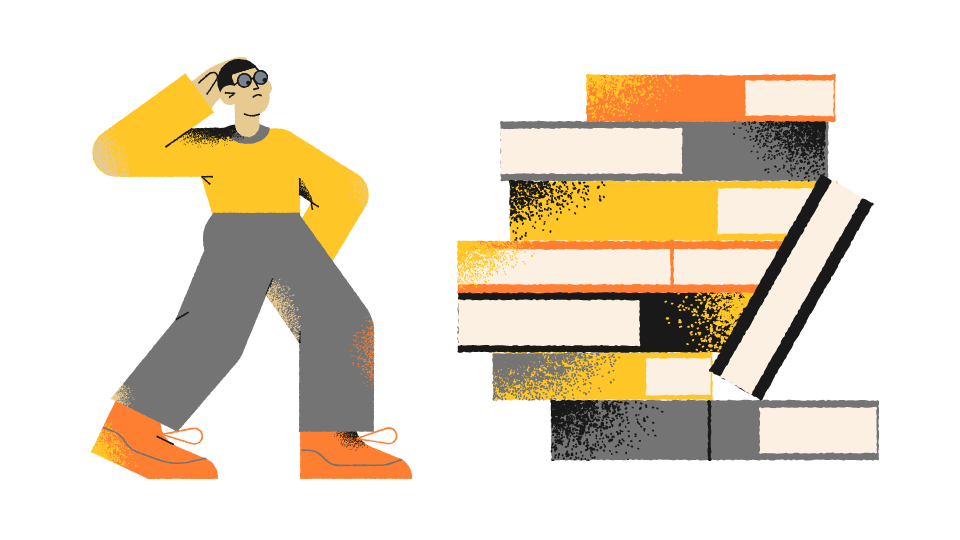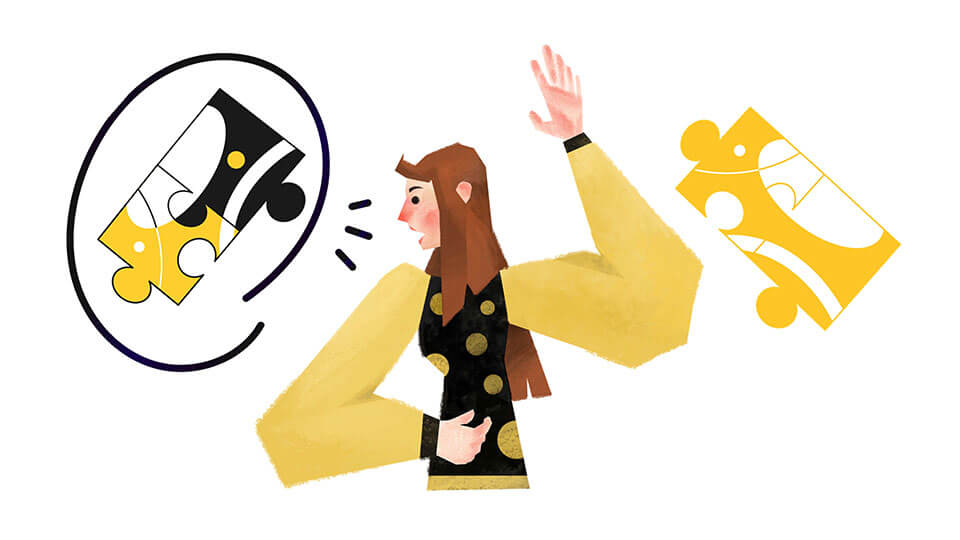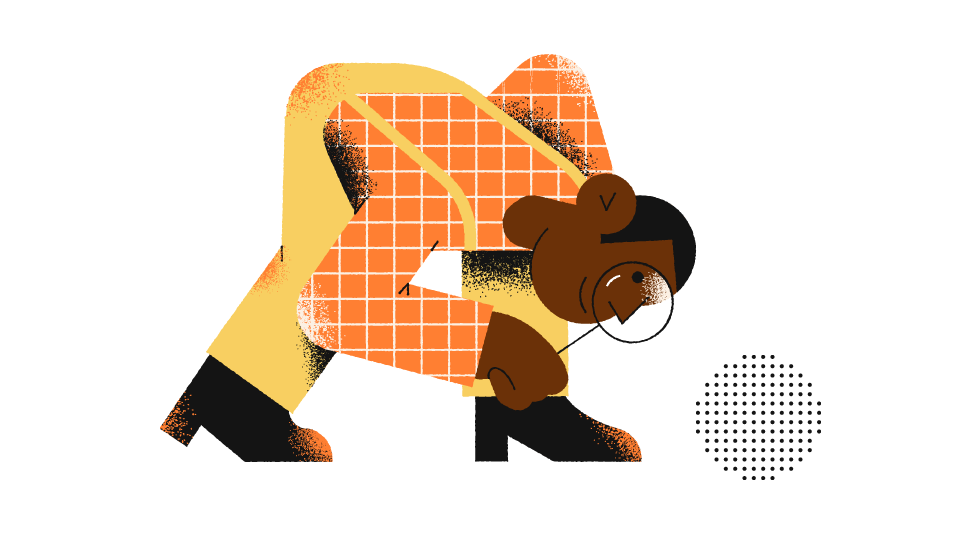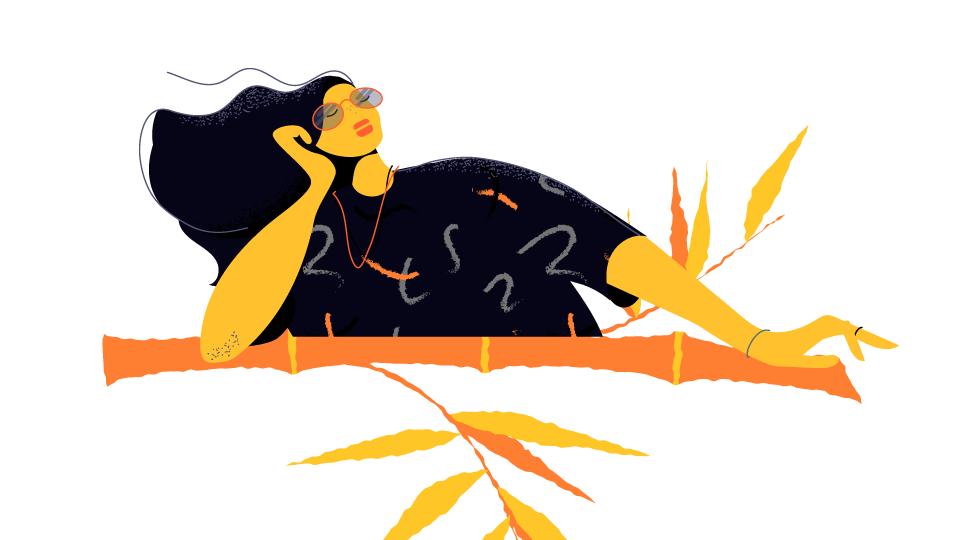Intellectual character
Practices | Develop habits of an informed systems thinker

Use evidence-based resources and data to inform flexible thinking and appreciation of emerging insights and multiple perspectives, allowing one to recognize how the individual parts are influenced by their environment and interact to form a complex whole.
1. Highlights
In Principled Innovation, the challenges we seek to address are inevitably part of bigger systems — systems that we need to better understand in order to effectively address the problems we face. Taking the time to map the bigger system that surrounds our problem prompts us to understand how one piece relates to other parts of the environment before generating solutions.
Seek out and evaluate various sources of data and points of view
Map the bigger system that surrounds the problem and work to better understand it
Remain open to new pieces of information and be willing to change our understanding
Building on the perspective taking and cultural and contextual understanding which are developed through the Civic practices, to develop habits of an informed systems thinker, we must seek out and be responsive to existing and emerging data and varied points of view, remaining open to information that might contradict our assumptions and trigger new iterations of innovation.
To do this, we must engage our Intellectual character assets — in particular, curiosity, truth-seeking and critical thinking — along with Moral and Civic assets such as humility, perspective taking and inclusivity. Curiosity drives our desire to understand the big picture, the root causes of a problem and a diversity of perspectives. In systems thinking, we work to gather a comprehensive set of perspectives from across organizational boundaries and power structures. As we collect and analyze this and other information, we use truth-seeking and critical thinking to determine what is relevant and how to interpret and incorporate what we are learning. We map the relationships that define the current institutional, community or physical environments, and we work with stakeholders to identify the system’s existing or potential assets and use these findings to support our efforts to enact change.


2. Context

What are systems?
Video
2 minutes
By: PBS
Systems thinking: understanding the whole rather than just separate pieces
Video
3 minutes
By: Synergos
Why school system leaders need to be systems thinkers
Article
5 minutes
By: Getting Smart
Mapping systems
Tool
60 minutes
By: Harvard Graduate School of Education
Access our collection of +200 learning materials
PI toolkit library4. Connect the dots
How could this practice be enacted through the Intellectual assets?

Truth-seeking
Finding systemic solutions requires that we have understood those systems themselves. We perpetuate problems when we misunderstand or underestimate them due to one-dimensional data or our own biased perspectives. Truth-seeking supports systems thinking by compelling us to assemble a diverse set of data, drawn from multiple perspectives and forms of inquiry.

Critical thinking
Critical thinking requires us to invest the time to fully understand the interconnectedness of problems and solutions and thus to develop well-informed and carefully reasoned solutions that meet stakeholder needs in a sustainable manner.

Curiosity
Curiosity pushes us to explore the ways that the social systems around us connect to create problems and to understand the assets that exist to solve them. Curiosity allows us to explore new venues for possible solutions and to creatively envision “positive change for humanity.”

Reflection
The Intellectual asset of reflection takes into consideration the causal linkages that produced the world in which we live today. Understanding these linkages—and becoming informed of them through the Moral and Civic practices—helps us strategize on how to create a more equitable and sustainable future that builds on our interconnected personal and community assets.
